PhD Presenters
Who We Are
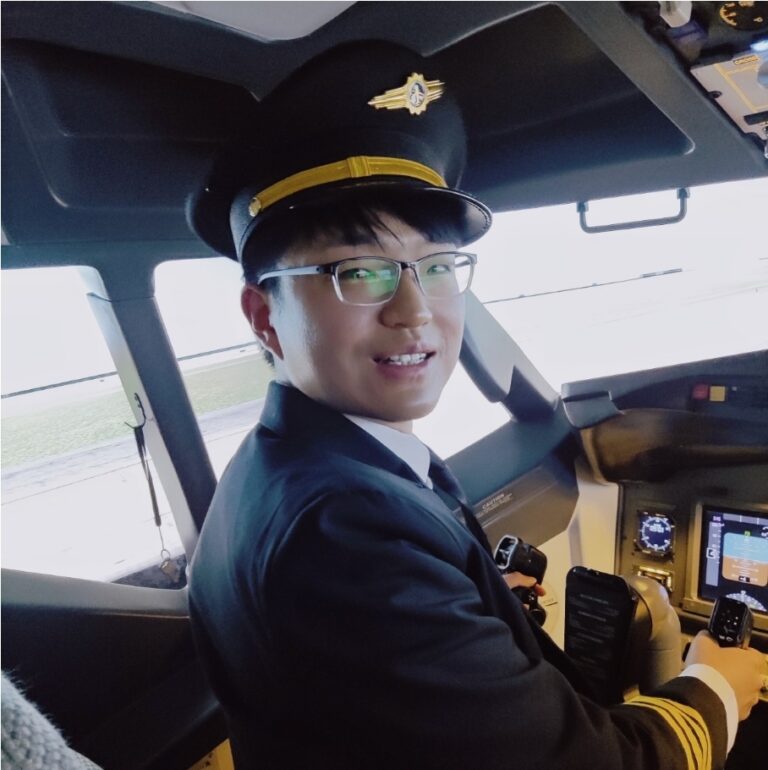
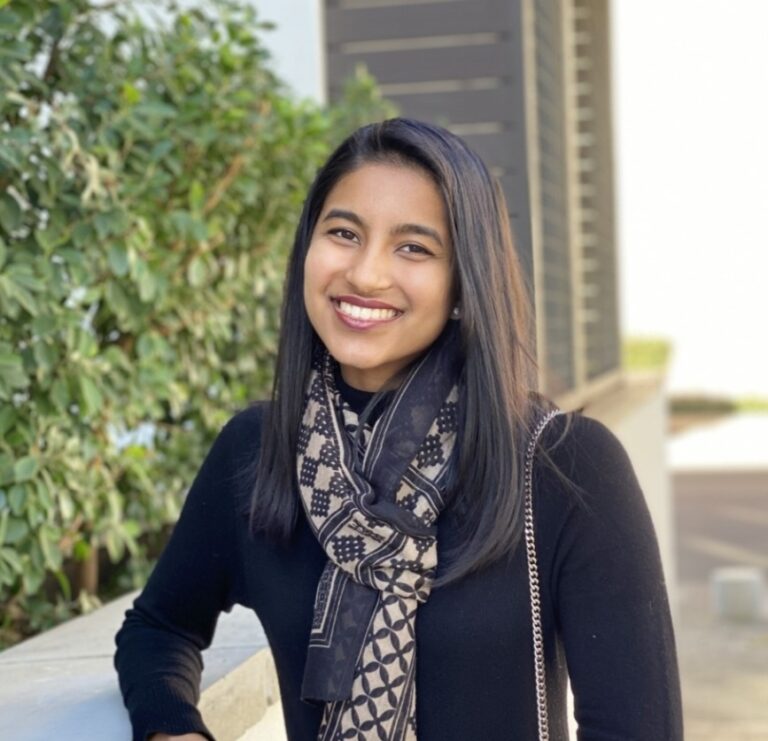
Ke Xu
Nayana Lyer
Talk Title: Design of Multiplex PCR for Pathogen Identification Driven by Information Techniques
Ke Xu is currently a 1st year PhD student at Center for Antimicrobial Optimization working in information-driven techniques for molecular diagnosis. He received his BEng (hons.) in electronic engineering, MSc (hons.) in biomedical engineering, and LLB in jurisprudence, all from Fudan University. Mr Xu has published over 20 articles and been issued 4 patents in wide fields of biomedical informatics. His current research interests include bioinformatics, biomedical sensing technology, biomedical signal processing, and artificial intelligence for health care. As an active member of the biomedicine and bioinformatics society, Ke acts as an independent reviewer for several leading journals including IEEE Transactions on Industrial Informatics and IEEE Journal of Biomedical and Health Informatics. He also has abundant experience in industry fields, acting as the technical consultant for three start-up companies and leading the design of several novel medical instruments.
Talk title: How changing DNA structure affects ovarian cancer immunogenicity
Nayana is a second year PhD student in the Department of Surgery and Cancer, researching why changing DNA structure can change how the immune system responds to ovarian cancer, under in the McNeish and Costa-Periera labs. She also completed her undergraduate studies in Medical Biosciences at Imperial.
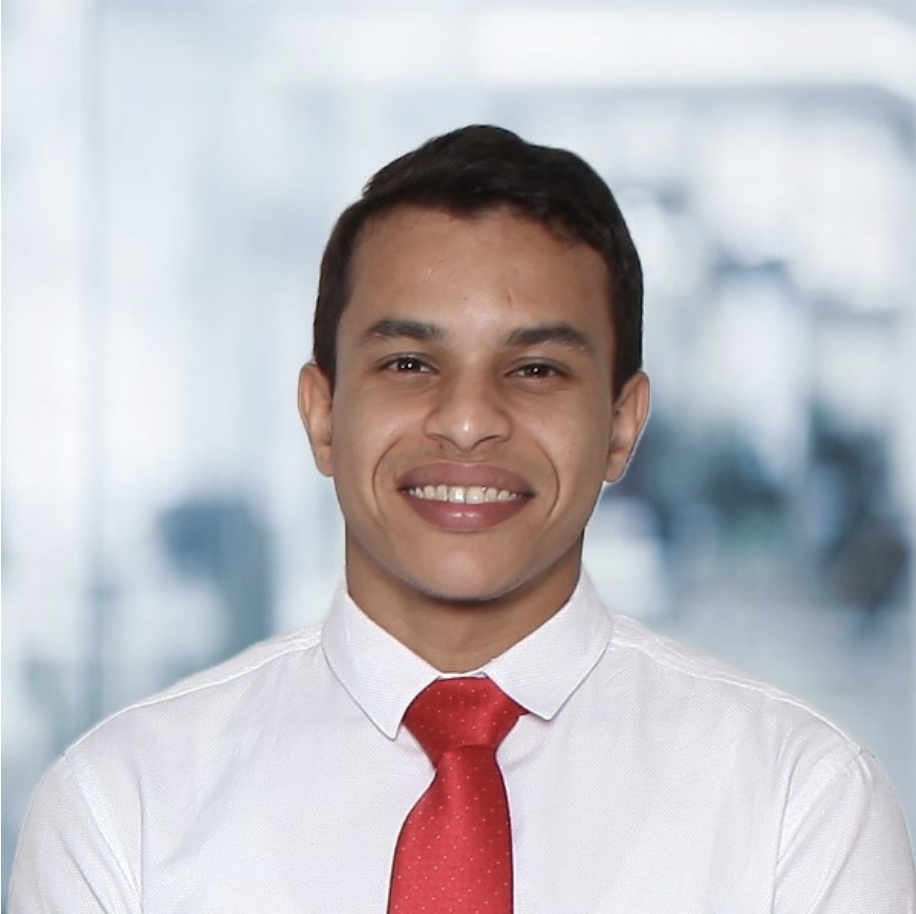
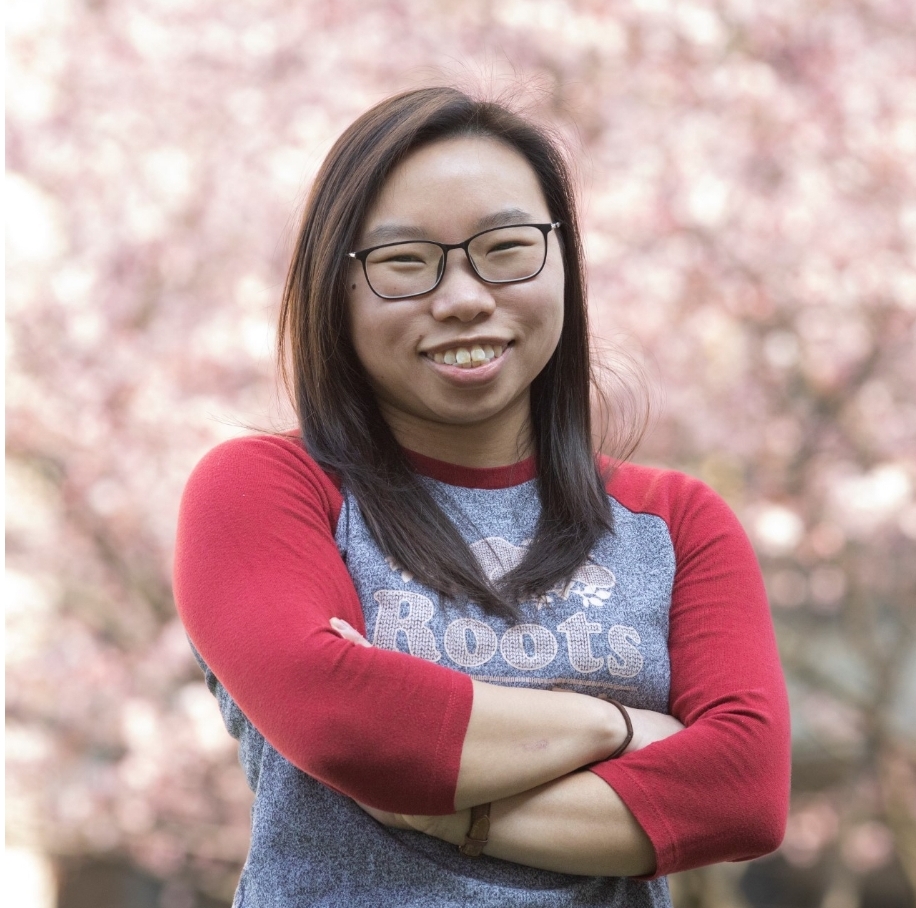
Mohamed El-Zeadani
May-Yin (Ashlyn) Low
Talk title: Rubberised Alkali-activated Concrete
Mohamed is a second-year PhD student in the Department of Civil and Environmental Engineering. His research focuses on the development of rubberised alkali-activated concrete using both experimental and numerical methods. Mohamed’s research interests revolve around structural applications of sustainable concrete materials, and the use of numerical methods and mechanics-based solutions to predict structural behaviour.
Talk title: Investigation of CO2 adsorbents for direct air capture: Equilibrium, kinetic, and stability data
May-Yin (Ashlyn) Low is a 3rd year PhD student in the Chemical Engineering department. She received her undergraduate degree in Nanotechnology Engineering from the University of Waterloo in Canada. Her current research focuses on the investigation of CO2 adsorbents for direct air capture, in particular, gathering the equilibrium, kinetic, and stability data needed to assess the adsorbents’ potential at scale.
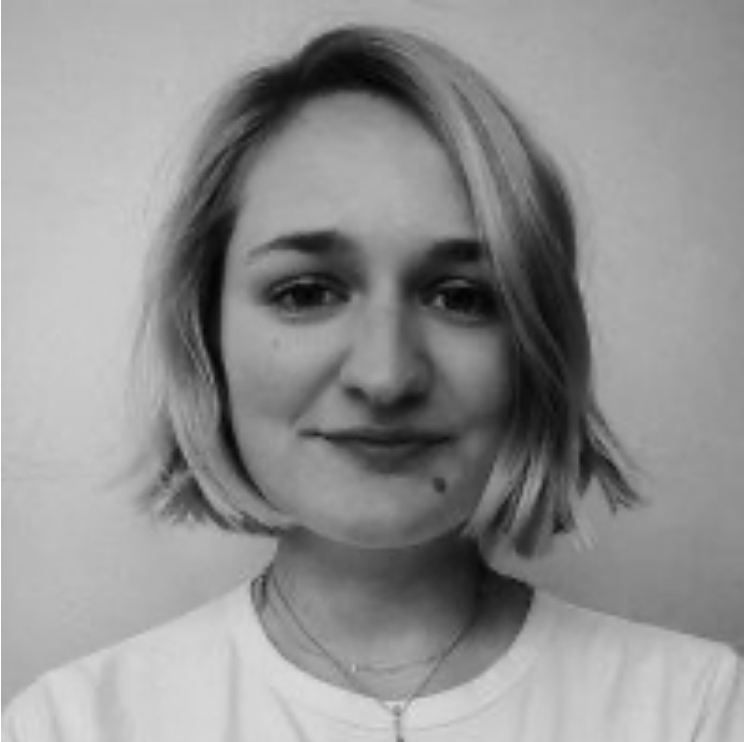
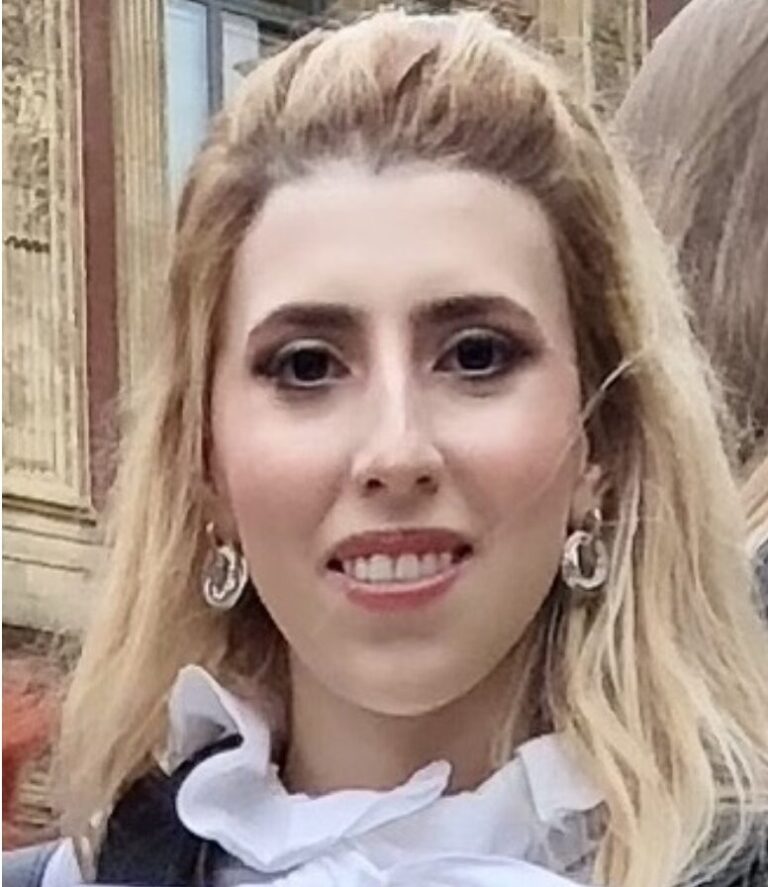
Barbara Metzler
Shyreen Hassibi
Talk title: Unsupervised macro-level tracking of structure and changes in cities
Barbara is 3rd year PhD student in the Global Environmental Health group at the School of Public Health. As part of the Pathways to Equitable Healthy Cities collaboration, her research focuses on analysing urban development with high-resolution satellite imagery and machine learning in cities in East and West Africa. Previously, Barbara completed an MSc in Health Data Analytics and Machine Learning at Imperial College and BASc degree with a major in Physics from University College London.
Talk Title: Immunosenescence of COPD Macrophages
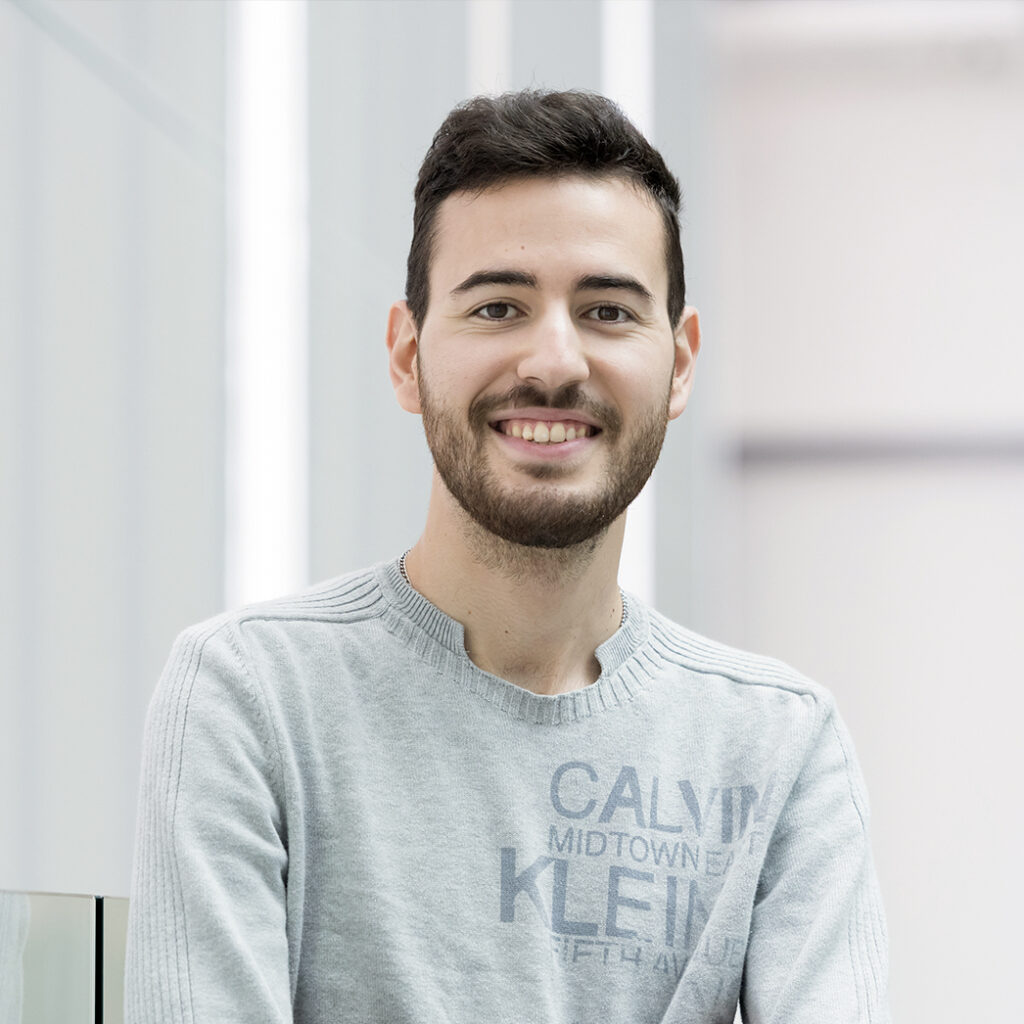
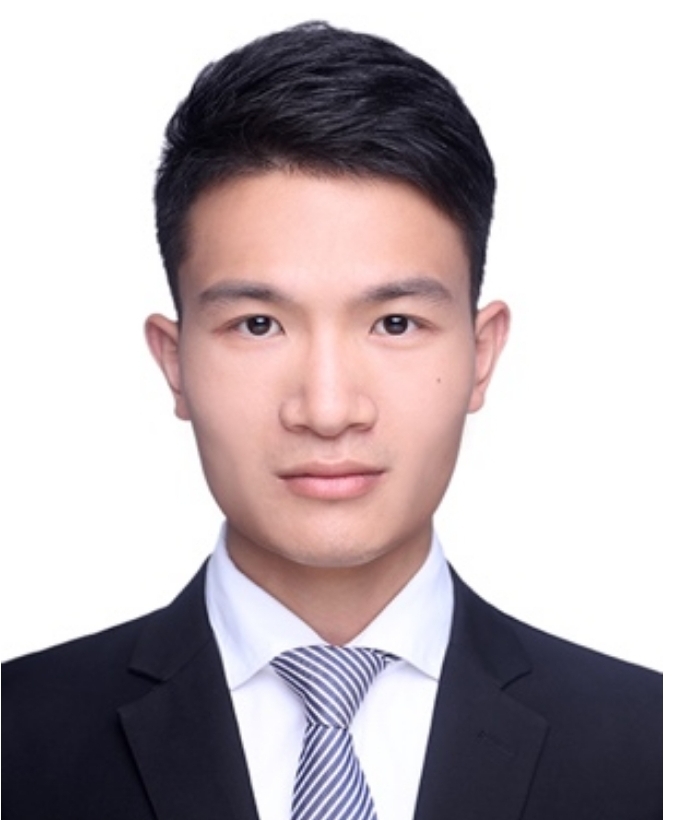
Alvaro Castano
Ming Li
Talk Title: The Plasticity of the Enteric Nervous System during Reproduction
After studying Biotechnology in Spain, Alvaro joined the lab of Vassilis Pachnis at The Francis Crick Institute where he explored the impact of environmental cues such as diet and microbiota on the functional organisation of the enteric nervous system. Now, during his PhD in the lab of Irene Miguel-Aliaga, his investigating the plasticity of our ‘second brain’ during reproduction.
Talk title: Robust Underwater Oil-repellent Biomimetic Ceramic Surfaces: Combining the Stability and Reproducibility of Functional Structures
Ming Li is currently a 3rd year PhD student at Imperial College London under the supervision of Professor Eduardo Saiz and Dr. Florian Bouville. His current research covers multiple areas related to materials chemistry, including the synthesis of biomimetic smart soft matter (supramolecular polymers and gels as well as self-assembled polymer nanostructures), and biomimetic smart interfaces (interfaces with multifunctional responses exhibiting special wetting and adhesion) that are applicable in many key technologies from energy generation to environmental clean-up. In addition, he is the co-founder of a start-up company (Nanjing Hydrogel Technology Co. Ltd) and leads a team committed to the industrialization of cutting-edge research. The work of the team has been widely recognized.
PhD Poster Presenters:

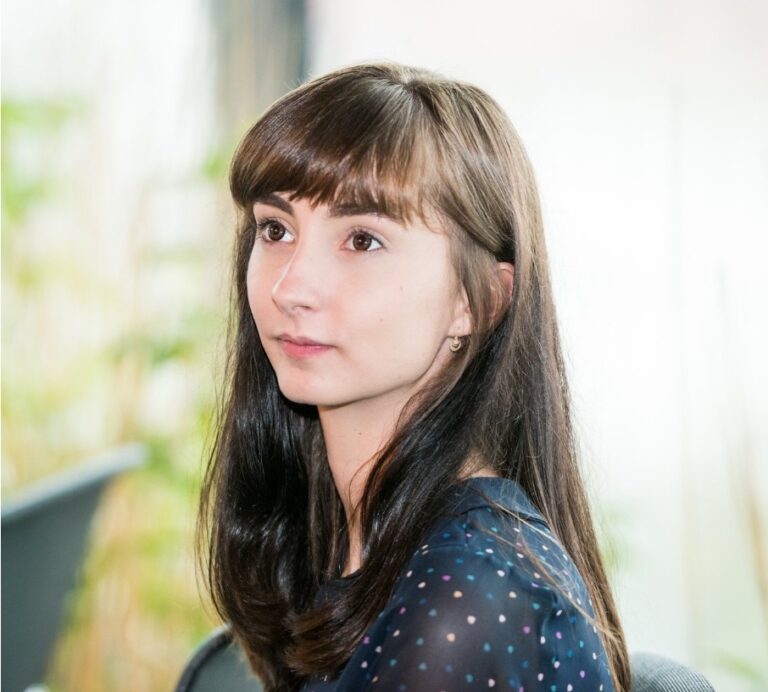
Xinwei Wang
Anezka Klustova
Xinwei is a second-year PhD student at the Department of Materials, Imperial College London under the supervision of Prof. Aron Walsh. Her PhD project aims to apply the latest advances in computational materials science to support the accelerated discovery of new solar energy solutions. Xinwei’s work focuses on theoretical investigation on emerging earth-abundant solar absorber materials and model development of predicting upper-limit solar conversion efficiency. During her spare time, Xinwei enjoys photography and baking.
Anezka is a second-year PhD student in neutrino physics. Neutrinos are incredibly small and light fundamental particles, but also some of the least interactive ones. Anezka’s research focuses on understanding how the probability that neutrinos interact changes in different materials, what can it tell us about the inner structure of the nuclei, and how can novel detector technologies advance our ability to see neutrinos. Before coming to Imperial, Anezka studied Physics and Inorganic and Materials Chemistry at UCL, and worked on building a neutrino detector prototype at CERN.

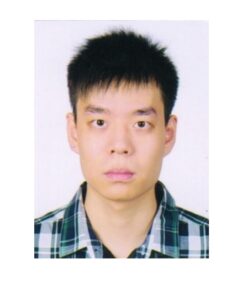
Magdalena Odaybat
Nan Wu
Magdalena joined Imperial College London in 2019 as a PhD student in the group of Prof. Matthew Fuchter. Her research focuses on the development and applications of novel azoheteroarenes photoswitches. Before coming to Imperial, Magdalena obtained her first-class honours degree (MSci in Chemistry with Medicinal Chemistry) from the University of Glasgow. As part of her undergraduate studies, she did a one-year research placement at Bayer Crop Science in Frankfurt, Germany where she was involved in the development of novel herbicidal agents.
Nan Wu is currently a second-year PhD student in Computational Chemistry at the Department of Chemistry at Imperial College London under the supervision of Prof Sophia Yaliraki. Prior to that, he completed an MSci in Chemistry with Medicinal Chemistry at Imperial College London. He is working on understanding intra-protein signalling pathways to guide the design of drug molecules targeting allosteric sites.
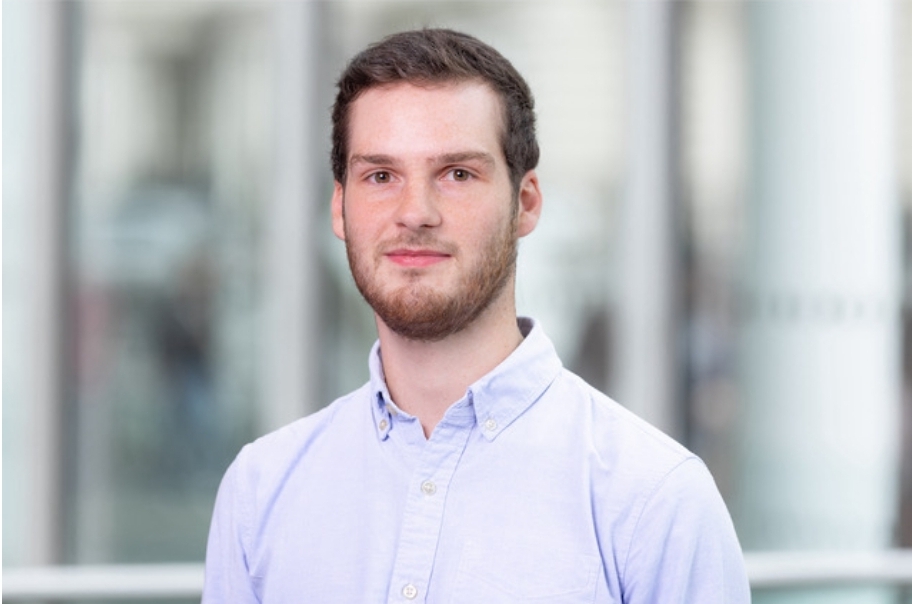
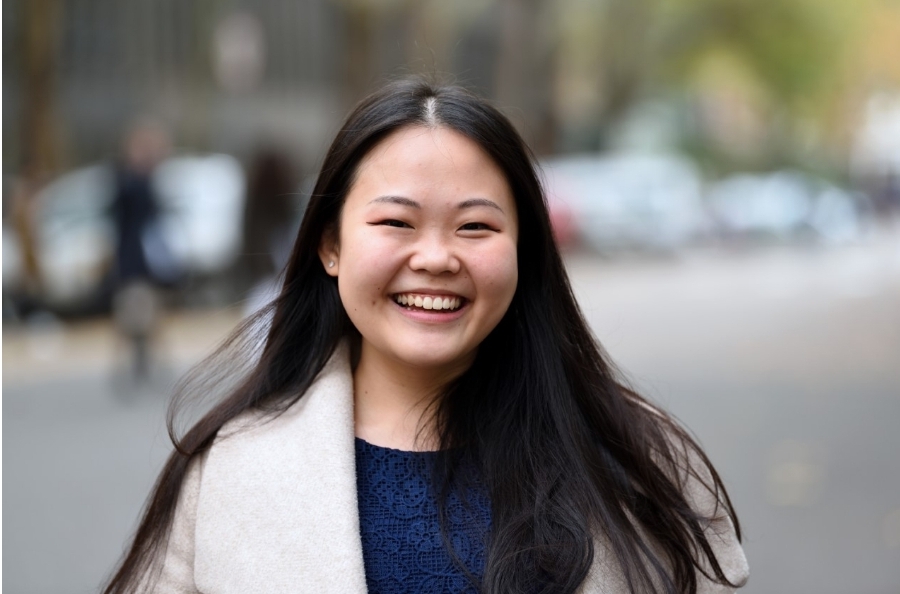
Tom Savage
Cassandra Seah
Tom is a PhD student within the Centre for Process Systems Engineering. His work focusses both on the optimization of coiled tube reactors via computational fluid dynamics, as well as applications of robust optimisation to future energy systems. His collaborators include Dr Gbemi Oluleye in the Centre for Environmental Policy, and Dr Nausheen Basha within the Chemical Engineering Department. In his spare time, he enjoys climbing and darts and is a member of the City of London Darts Association.
Cassandra’s passion lies in designing solutions tailored for vulnerable groups within our society; the elderly, economically disadvantaged and minority groups. Often, these are the people who genuinely need our help to empower, enrich and ease their lives. Coming from a background of both business and design, Cassandra believes cross-disciplinary pathways are where innovative and holistic ideas meet and where new ways of thinking are created.
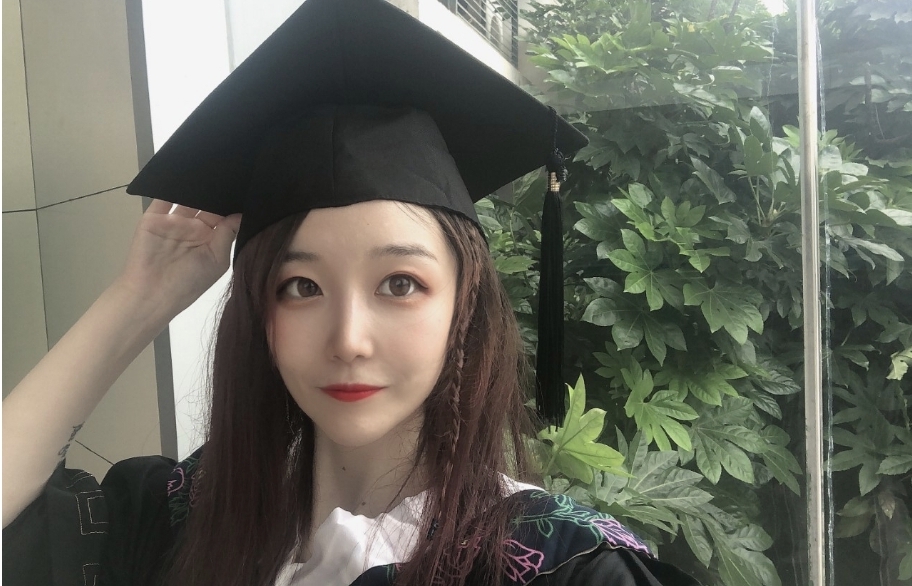

Xu Zhang
Salina Nicoleau
Xu Zhang is a first year PhD student based in Life Sciences Department, working on structural molecular biology. Her main focus is to elucidate the high-resolution 3D structure and molecular mechanisms of Glideosome Associated Connector (GAC) in Apicomplexan parasites.
Salina is a 2nd year PhD student at the National Heart and Lung Institute. Her PhD focuses on developing novel in vitro models to study the effects of arterial geometries on blood flow and endothelial cell function in pulmonary hypertension. Prior to this, Salina completed her BSc in Biochemistry and MSc in Molecular Medicine at Imperial College, as well as a MSc in Global Health Nutrition at the London School of Hygiene and Tropical Medicine. In her free time, she loves training for CrossFit and wandering around London.
